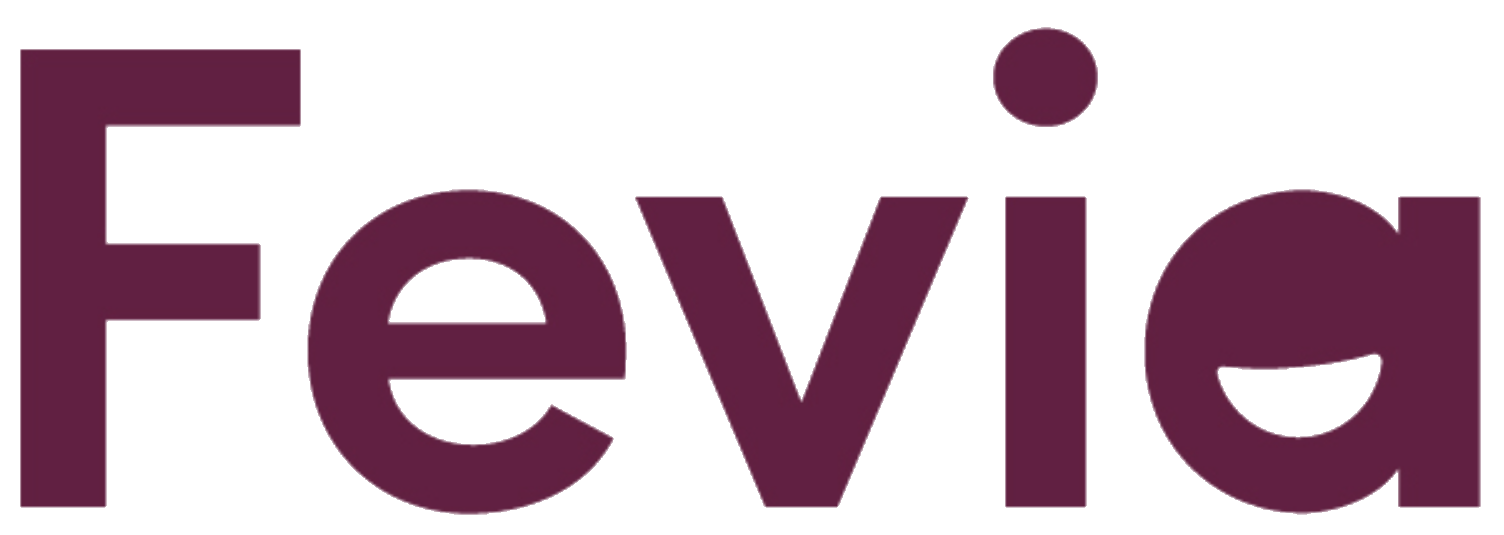Fedustria
Client
Belgium
Double Materiality Assessment for the Wood and Furniture Industry
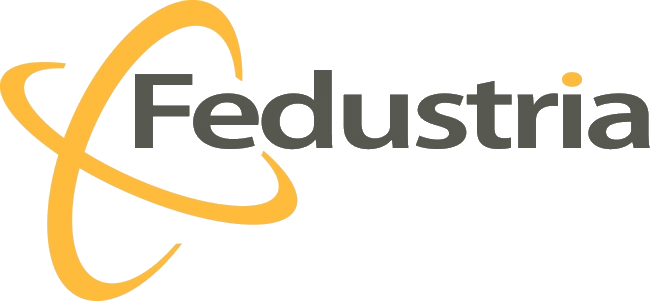
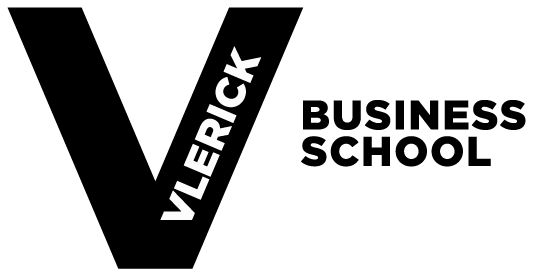
2023-2024 · Education · Belgium, Europe
Vlerick Business School, a top-ranked, triple accredited business school, partnered with Sustenuto to assess its double materiality rooted in extensive stakeholder engagement. Through focus groups, surveys, and individual interviews with over 500 stakeholders, the project identified key sustainability priorities for the school. This collaborative effort provided Vlerick with a strategic roadmap, positioning them as a thought leader in sustainability and paving the way for future initiatives that align their educational and operational practices with long-term environmental and social responsibility.
Vlerick Business School, a top 20 MBA management school in Europe, sought to deepen its commitment to sustainability and enhance its leadership role in this area. With over 25,000 alumni worldwide, Vlerick engaged Sustenuto to guide them through a structured process to develop a sustainability strategy. The project focused on gathering insights from diverse stakeholders to define the school’s sustainability priorities, with a particular focus on environmental footprint, organizational integrity, and research impact.
Operating in the education sector, Vlerick faced the challenge of aligning its organizational practices with the expectations of a wide range of stakeholders, including students, alumni, staff, partners, and governmental bodies. Vlerick aimed to enhance its credibility as a thought leader in sustainability, but lacked a clear framework to assess and prioritize sustainability topics. The key challenges included:
- Industry-Specific Challenges: Ensuring that sustainability is meaningfully integrated into education and research without compromising the school’s academic mission.
- Stakeholder Expectations: Addressing varying expectations from stakeholders on sustainability, especially regarding environmental responsibility, while managing limited resources.
- Complexity of Engagement: Engaging a diverse and global group of stakeholders, from alumni to government organizations, to ensure comprehensive input for the strategy.
Sustenuto adopted a phased and customized approach to develop Vlerick’s sustainability strategy:
Scoping and Selection: We began by identifying the most relevant sustainability regulations and frameworks, narrowing them down from six major EU legislations to the three most applicable for Vlerick.
Stakeholder Engagement: Sustenuto facilitated extensive stakeholder involvement through various methods, including surveys, focus groups, and individual interviews. A total of 545 stakeholders participated in the process, divided into groups such as alumni, partners, board members, and suppliers. We focused on capturing nuanced insights about their sustainability expectations, using focus groups as the primary method to gather qualitative data. Some outcomes were expected, but it also generated new insights that helped to set priorities for a credible and impactful sustainability approach.
Double Materiality Assessment: The insights from the focus groups helped shape a preliminary set of material topics, which were then tested through a quantitative survey. This dual approach ensured that the strategy was both data-driven and sensitive to qualitative feedback.
Data Analysis and Strategy Development: Combining the qualitative and quantitative insights, we worked with Vlerick to fine-tune their sustainability priorities. 23 material topics were identified which can be clustered along 3 themes:
1. Impacting sustainability practice through research and education
2. Building an accessible and diverse community
3. Walking the talk as a sustainable organization
Action plan development: Materiality identification helped to be clear about where the action needs to happen in order to make sustainability a reality. Starting from sustainability research and tools to empower leaders, to embedding sustainability in programmes and courses (cfr Take the Lead Programme) to reducing carbon emissions and improving the environmental footprint.
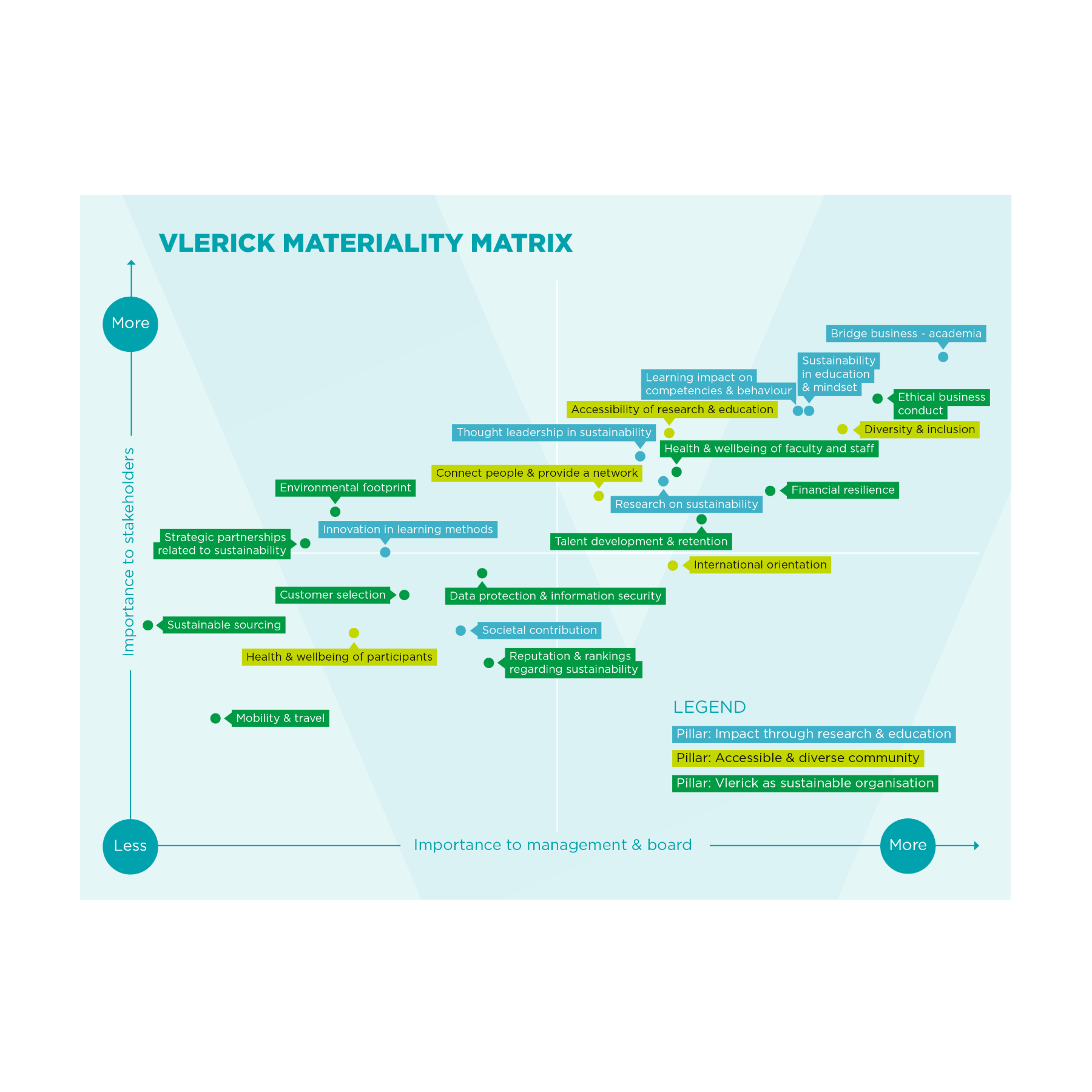
Vlerick Business School gained valuable insights from its diverse stakeholders, shaping the foundation of its sustainability strategy. By identifying 23 key material topics, Vlerick can prioritize environmental responsibility, social accountability, and align internal practices with its sustainability goals. The stakeholder engagement process enhanced Vlerick’s understanding of how sustainability should be integrated into its operations and educational programs. With a solid framework in place, Vlerick strengthens its thought leadership in sustainability, leading by example and driving meaningful change.
Read Vlerick’s full Sustainability Report 2023 and approach.
Fedustria
Client
Belgium

Isabel
Client
Europe, Belgium
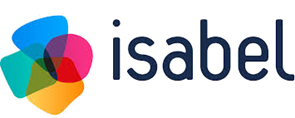
Fevia
Client
Belgium
